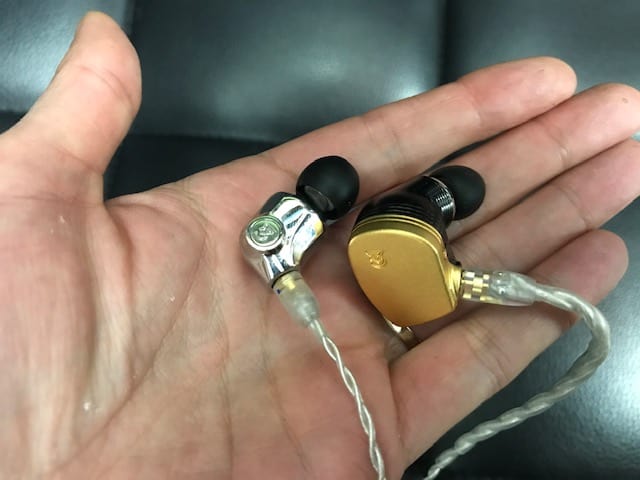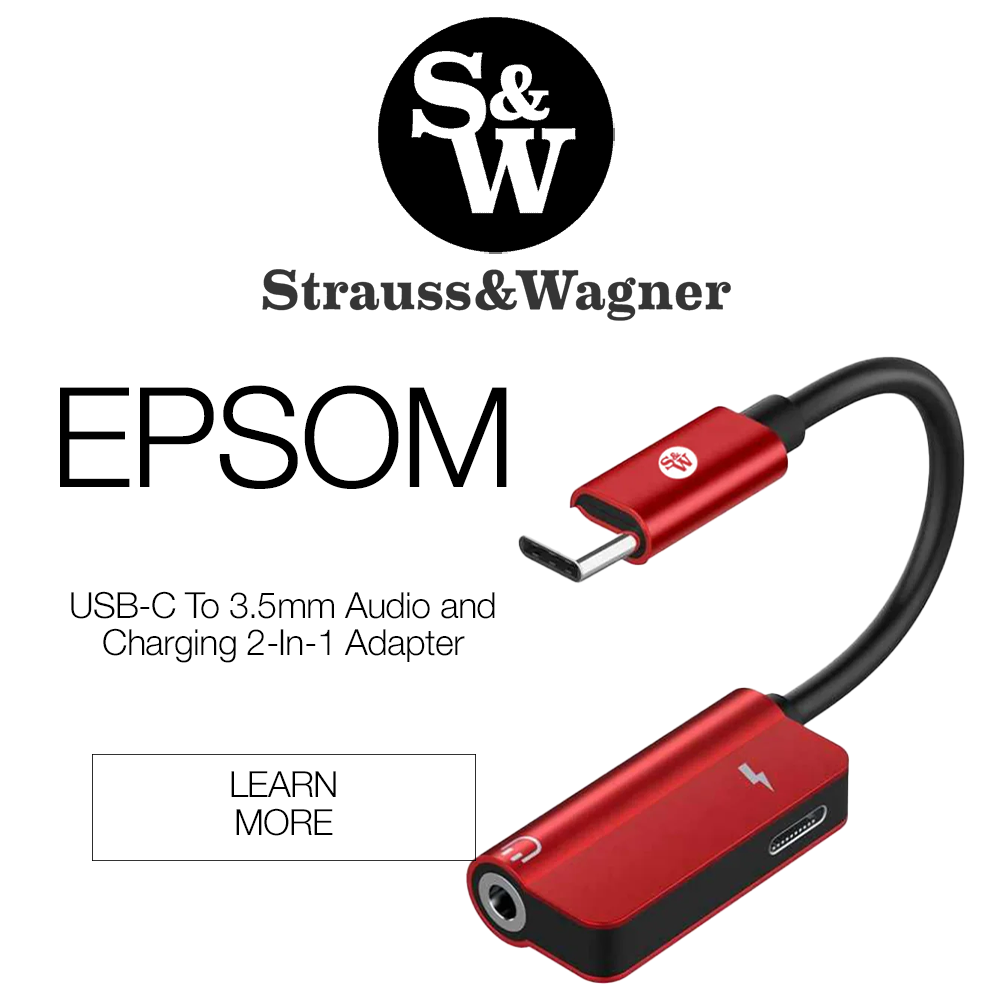You’re looking at the $1000 to $1500 range. Should you go with Campfire or Campfire? The answer is yes. Much has been written about both, the Solaris and the Atlas. But a few of our readers have been asking about the differences between the two models. These IEMs are separated by only 200 bucks, but their sound signatures differ quite a bit. My colleagues have covered the Atlas and Solaris, here and here. This review is for folks who are familiar with at least one of these IEMs but are hesitant to pull the trigger. So, which buds suit your listening style? Let’s find out in this Campfire Atlas vs Campfire Solaris Review.
Campfire Audio Atlas vs Campfire Audio Solaris Review
FIT
Apples and oranges in this department. The most obvious difference is the size. And if comfort tends to be a big factor for you, the Atlas would be the more sensible choice. The shells on the Solaris are very big, and they started to grate against the outer edges of my ear canals after some use. That being said, the Solaris feels just a bit lighter than the very solid Atlas. The Solaris also uses an over-ear memory wire. So if you don’t like fiddling with fit and prefer the simple pop-in design, the Atlas is ideal. In terms of sound isolation, both IEMs were equally effective for me.


DESIGN
Let’s start with the body. The Atlas has an entirely stainless steel shell, while the Solaris uses a combo of metal alloy (PVD finish) with a gold-plated lid. Just like my toilet. Like the Atlas, the spout on the Solaris is also made from stainless steel. However, the circumference of the spout on the Solaris is larger.
The Atlas has a single dynamic driver, while the Solaris is a hybrid 4 driver design, employing both, dynamic and balanced armature drivers. (3 balanced armatures for the higher frequencies, and one dynamic driver for the lower frequencies). So, you can expect whopping sound from the Atlas, while the Solaris should deliver a little more nuance in the higher frequencies. And maybe a bit more speed too.
The Atlas comes with the standard Litz cable. What’s better than Litz? Super Litz. The Solaris beefs up the size of the original Litz, giving it a more durable feel. I haven’t hooked up the Super Litz to any other IEM, like the Andromeda, for example. So, I can’t tell you whether the cable upgrade makes a discernible difference in sound quality. Both cables use the standard MMCX connections.
I try not to delve into specs because they often paint a less than accurate picture. But I will say that the Solaris has a higher sensitivity and lower impedance than the Atlas. In short, it gets a freqload louder than the Atlas. Careful adjusting the volume, kids.
SOUND
Lows
You’ll get fatter, subbier lows from the Atlas, which really come through when listening to hip hop. And moving on to pop, you’ll hear tighter grip and more texture from from the Solaris, while the Atlas has more resonance. If you like a fast response, you’ll prefer the snappiness of the Solaris. Listening rock, the bass feels cleaner and more separated from the higher frequencies on the Solaris. I also played a little acoustic double bass, and got a more natural sound from the Solaris, which seemed more controlled than comparatively relaxed Atlas; the Solaris showed more nuance and a more realistic timbre. So, if you’re looking for more forward leaning bass with the most oomph, you might gravitate towards the Atlas. But if detail and separation is your priority, then the more disciplined Solaris is your baby.
Mids
If you need a perfectly balanced midrange, you’ll like the Atlas. The low mids are given the same attention as the higher mids, so big rock songs have a lot of body and you get the full spectrum of sound. While the midrange on the Solaris is also very present, you’ll get a slight emphasis in the upper mids, bringing vocals more forward in the mix. So, if you prefer a dynamic sound with more contrast, you’ll lean towards the Solaris. To test out clarity, I started with some acoustic guitars. Strums in the lower mids were better separated on the Solaris. And moving up the frequency range, the Solaris maintained more definition. So, if you’re a Bob Dylan fan, you’ll prefer the clean feel of the Solaris. Listening to cellos, the Solaris brought out more subtleties in the instrument, though I preferred the sound profile of the Atlas. It was a little smoother and more buoyant, giving the cello a romantic, floating quality that was missing from the less forgiving Solaris.
Highs
Listening to classical music in this range, again, I really enjoyed the way the Atlas handled strings. Perhaps it’s a tad less transparent than the Solaris, but the Atlas conveys a fluidity that brings a beautiful coherence to the melody. This quality also makes it easier to listen to for prolonged periods. But if you’re a die hard critical listener, you’ll be hard pressed to beat the precision of the Solaris. Moving back to pop, both IEMs showed a similar level of crisp sparkle with respect to percussion instruments. But again, the sound on the Solaris was just slightly more crystallized.
Soundstage
Both IEMs do a fantastic job here. But you’ll get a slightly more spacious experience from the Solaris. And because the separation and definition on the Solaris is so exquisite, instrument placement appears more accurate, giving the sound a richer and more multidimensional feel. In fact, it may be impossible to beat at this price.
SUMMARY
Both earphones are very versatile in terms of genre. But if you love a generous, forward leaning bass, as well as a sound that’s relatively easy on the ears, you’ll probably gravitate towards the Atlas. It also has a slightly more even feel in the mids, and some rock fans may prefer it for this reason. On the other hand, if you’re a stickler for detail and you value a superbly clean and dynamic profile, you’ll find few IEMs under $1500 that are as talented as the Solaris.
You can find these sweet IEMs for the best price at:
Audio 46: Campfire Audio Atlas
Audio 46: Campfire Audio Solaris
MajorHiFi may receive commission from retail offers.
MAJORHIFI may receive commissions from retail offers.








